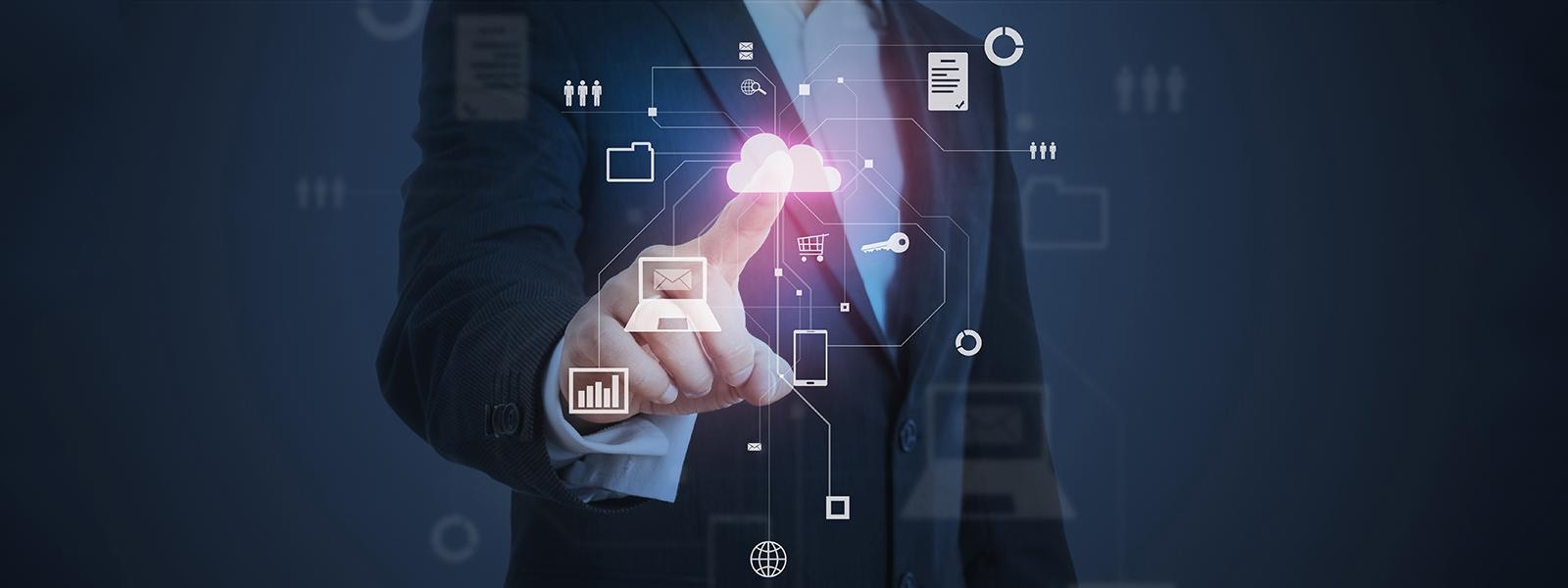Technology in the future: examples and importance
The technology of the future has advanced its arrival with the pandemic in 2020, which brought with it many changes and growth in business technology. The impact of this technology on the business world forced the implementation of new, more digitized ways of working, such as smart working and online tools for process automation.
Thanks to this advance, it is impossible to deny the importance of new technologies in companies to facilitate remote work and all the other challenges that lie ahead.
In fact, a survey by the Metropolitan Labor Observatory of Chile indicated that various work areas are increasingly incorporating teleworking, such as the electricity and gas supply sector, which already has 56.7% of its personnel with hybrid work. . This is followed by 46.7% from the IT and communications sector and 42.4% from the financial and insurance sector, which undoubtedly gives rise to improving the future of technology.
Importance of technology in the future
The importance of technology in the future lies not only in the commitment of all stakeholders but also in the investment that companies make in it, which will be a constant benefit to face any future scenario; now it’s about always being ready.
From now on, technology will be a priority. Its use is absolutely essential to help companies in continuous development, as it opens up possibilities for better channels of communication, collaboration and knowledge exchange.
Predictions of the future of technology say that the ‘peak’ of more than a decade of technological advances will come when the pandemic ends. Today we are seeing unprecedented creations thanks to the great demand for digitization, which has produced an increase in “tech” companies, which have so far delivered various successful solutions.
In this sense, the role of technology in the future will bring benefits such as the following:
- Sophisticated and user-friendly technology: every customer wants their product or service to work well, therefore future technology must be built on that basis, using user-friendly interfaces that respond to their needs and expectations.
- Logistics immediacy: due to automation and digitization, the logistics process chain will become more fluid and economical thanks to the enhancement of dimensions such as big data, 3D printing and real-time process visibility.
Access to education: the power of access of educational centers to technology will be greater. Future technology will enable rural or hard – to-reach places to bridge the digital divide that currently exists.
What will technology look like in the future?
As we already mentioned, the enhancement of technology in the future is developing at an accelerated pace and some of those that are being developed today are:
- Virtual reality: today everything is about living new experiences, especially if it is within the digital world. The invention of virtual, augmented and mixed reality brings opportunities for companies to deliver multi-experiences to the customer through products or services.
- 5G: it is the so-called “fifth generation of mobile networks” that will increase the connectivity of people and industries, being an advance in the technology of the future since it brings with it a higher data transmission speed, increased cyber security, energy efficiency of devices, among other features.
Edge computing: this technology of the future will impact the “ Internet of things ” (IoT) as it will allow the data collected from users to be analyzed locally without having to outsource it or upload it to the “cloud”.
Examples of technology in the future

The above are just some examples of the technology of the future , since there are many more that will improve those that already exist. Next, some examples and technological advances that are being developed in the field of logistics will be explored.
Robotic warehouses as technologies of the future
In 2025 , it is forecast that in Europe the human workforce will be 53%, with the rest of the percentage being replaced by robotization .
For its part, the total cost of a logistics robot will be approximately almost 119 thousand dollars, which will result in a reduction between 20 and 40% in the daily work in a logistics center, such as handling. .
Technologies in the future of Green logistics
Another example of future technology is green logistics , a concept that has grown in the logistics sector in recent years. The concern to promote this type of initiative arises because the transport sector is responsible for 10% of CO2 emissions worldwide. Among the initiatives, the following can be highlighted:
- Ecological or autonomous vehicles (without a driver), as well as the increase in deliveries and collections on bicycles.
- Urban MiniHubs: small warehouses or distribution centers in the center of cities, used to store products to be delivered to a relatively close area.
- Backhaul: it is a technique that will be further developed with technology in the future and means “return trip”, that is, preventing the transport fleet from returning empty and without cargo to the place of origin. This brings benefits such as saving money, fuel and pollution reduction.
Technology in the future doesn’t just go this far. Day by day, technological projects are born that will help business progress, such as the application of artificial intelligence through machine learning . On the other hand, the pandemic produced great impacts on science and technology that, in turn, will also help future situations such as the one we are experiencing now.
The post Technology in the future: examples and importance appeared first on Sunshine Slate.
source https://www.sunshineslate.com/tech/technology-in-the-future-examples-and-importance/
Comments
Post a Comment